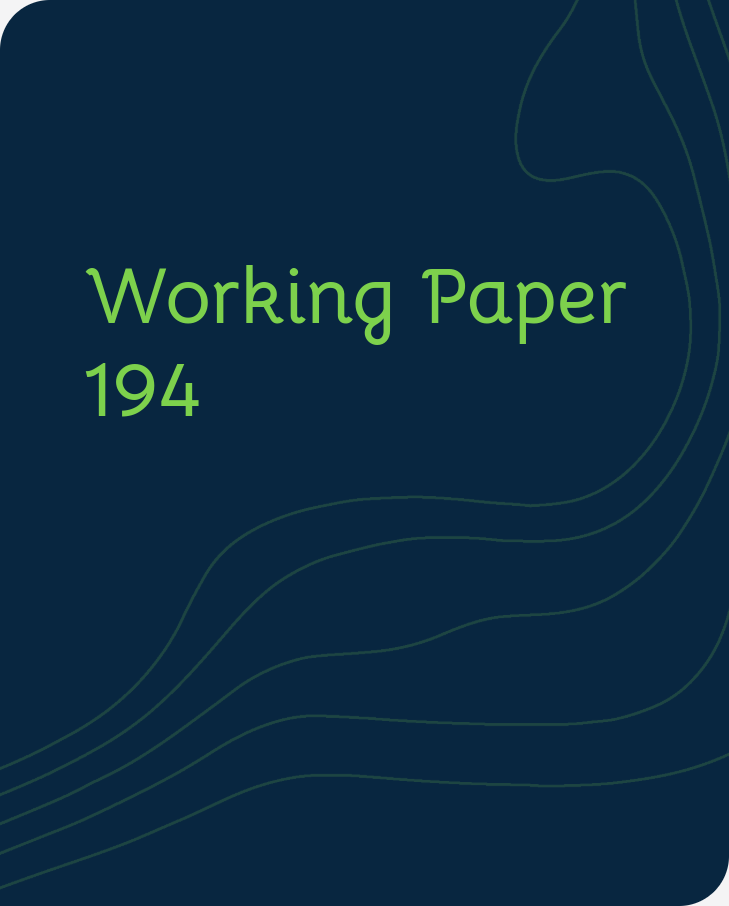Publication
Transition Report
Reform progress and transition indicators
Who we are
Overview: about the EBRDWho we are
Overview: about the EBRD
Learn about the EBRD's journey to investing more than €220 billion in over 7,800 projects.
What we do
Overview: how the EBRD operatesWhat we do
Overview: how the EBRD operates
Across three continents, the EBRD supports the transition to successful market economies.
Work with us
Overview: how you can work with the EBRDWork with us
Overview: how you can work with the EBRD
We draw on three decades of regional knowledge and financial expertise to tailor our products and approaches to each client's needs.
November, 2016

By Shusen Qi
Corruption constitutes a major obstacle to productivity and growth. Using data from the Business Environment and Enterprise Performance Survey (BEEPS) and Banking Environment and Performance Survey (BEPS), this paper examines to what extent corruption limits firms’ access to credit. It finds that credit access is more constrained for firms that bribe more frequently, and that this detrimental effect is mainly driven by supply-side rather than by demand-side factors and that it is more pronounced when there are fewer foreign banks in the vicinity of the firm. These findings highlight the importance of combating corruption to restore the credit market and trigger economic growth.
For media enquiries related to this working paper, please contact Ksenia Yakustidi, Media Adviser at the EBRD’s Office of the Chief Economist
YakustiK@ebrd.com
All Working Papers
The Working Paper series seeks to stimulate debate on transition in the EBRD regions.
